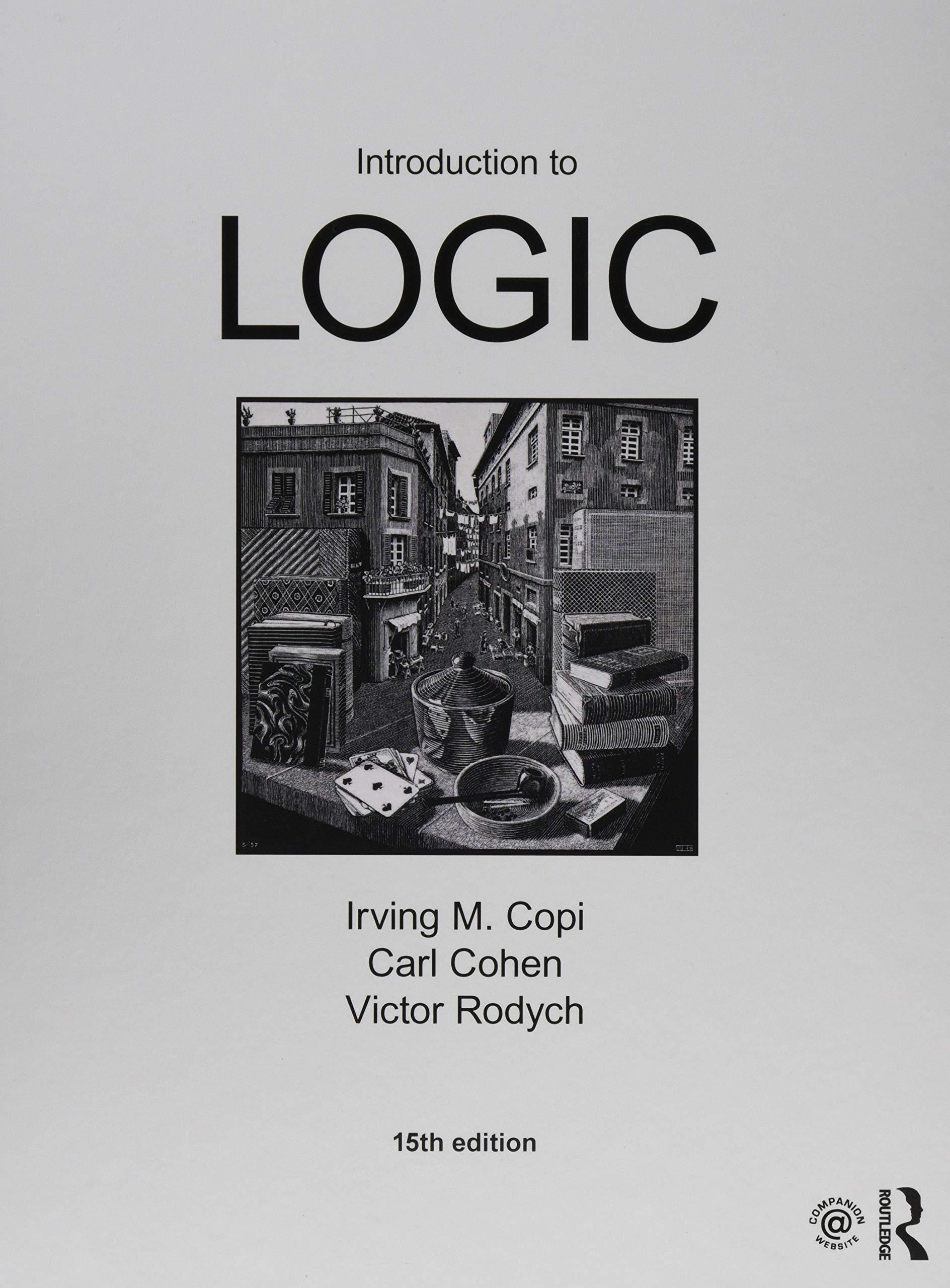Analyze each of the following arguments in terms of the variation of the phenomena to show how
Question:
Analyze each of the following arguments in terms of the variation of the “phenomena” to show how they follow the pattern of the method of concomitant variation:
When it comes to love, sex, and friendship, do birds of a feather flock together? Or is it more important that opposites attract? Dr. Claus Wedekind, of Bern University in Switzerland, hypothesized that body odor might signal that its owner had desirable immune genes—called MHC genes—that would help offspring to fi ght off diseases. He devised an experiment to see if human body odor correlated with MHC genes and if people could tell.
He and his team collected DNA samples for 49 female and 44 male university students. He asked the men to wear cotton T-shirts on two successive nights, to keep the shirt in a plastic bag, to use perfume-free detergents and soaps, and to avoid smelly rooms, smell-producing foods, and activities like smoking and sex that create odors.
Meanwhile, the women were given a nasal spray to protect their nasal membranes from infection, and each received a copy of the Patrick Susskind novel Perfume to make them more conscious of odors. When the T-shirts were collected, the women were asked to give ratings, for intensity, pleasantness, and sexiness, to three T-shirts from men whose MHC genes were similar to those of the women, and three from men whose MHC genes were dissimilar, not knowing which were which. Women who were dissimilar to a particular male’s MHC perceived his odor as more pleasant than did women whose MHC was similar to that of the test man. Odors of men with dissimilar MHC reminded the women of their own mates or former mates twice as often as did the odors of men with similar MHC. However, if a woman was taking oral contraceptives, which partly mimic pregnancy, this predilection was reversed, and they gave higher ratings to men with similar MHC.
“The Pill effect really surprised me,” said Dr. Wedekind.
—Proceedings of the Royal Society of London, 1995
Step by Step Answer:

Introduction To Logic
ISBN: 9781138500860
15th Edition
Authors: Irving M. Copi, Carl Cohen, Victor Rodych





